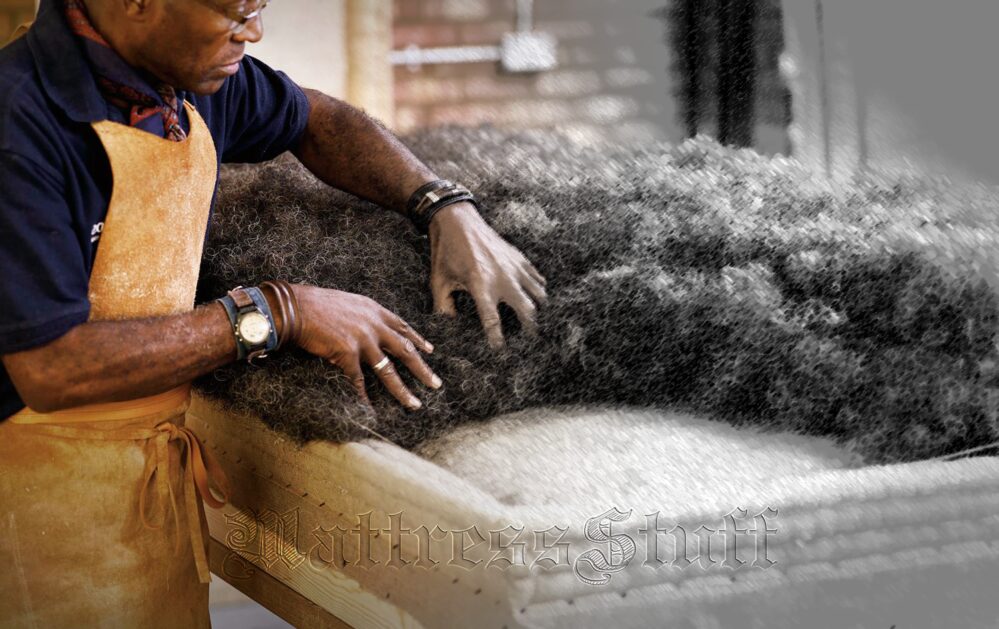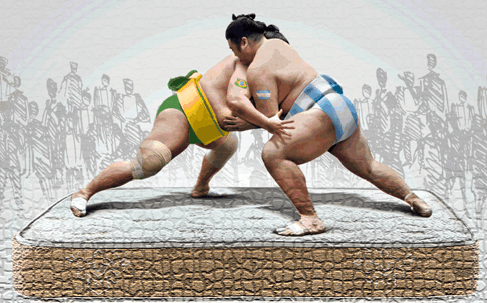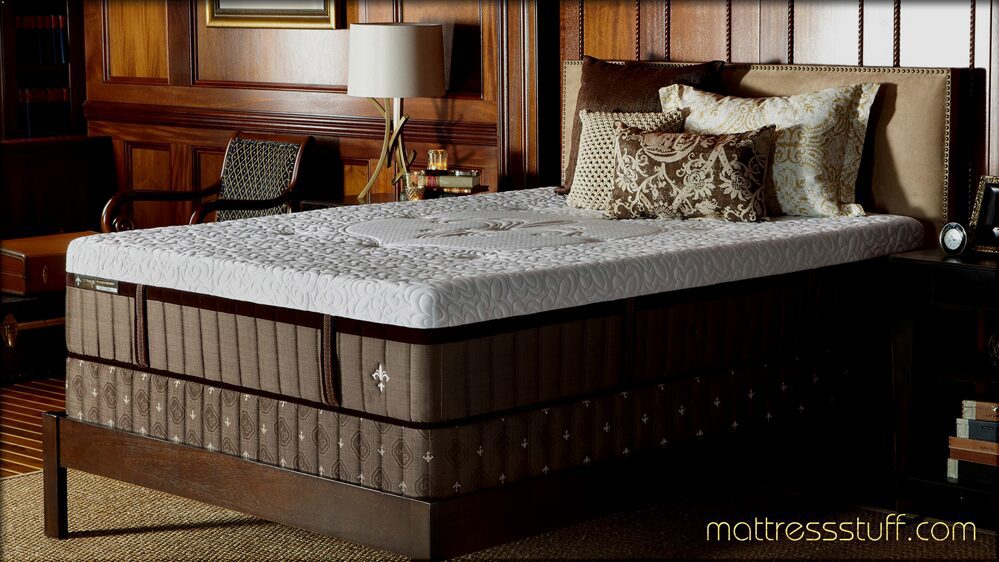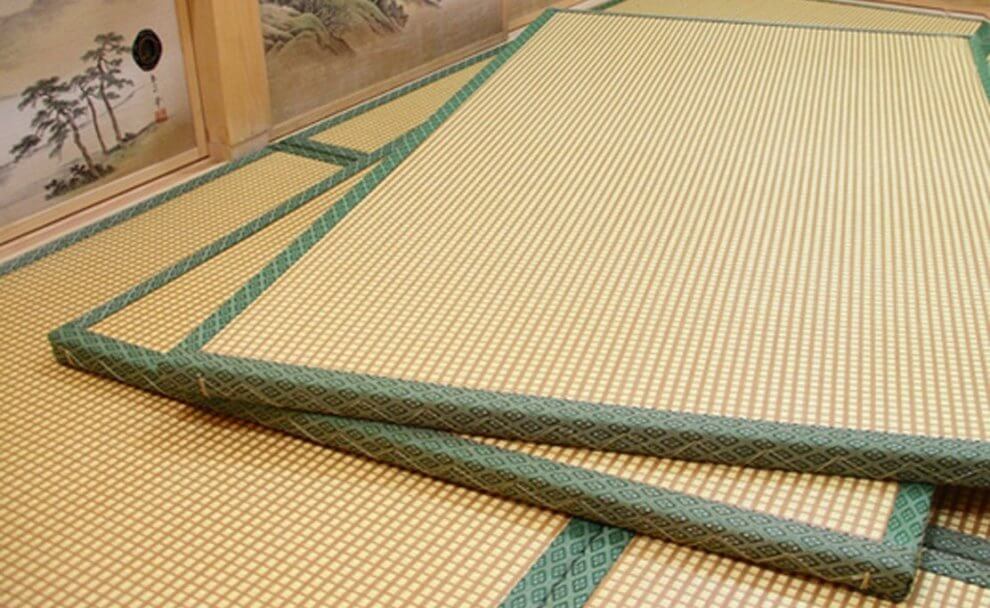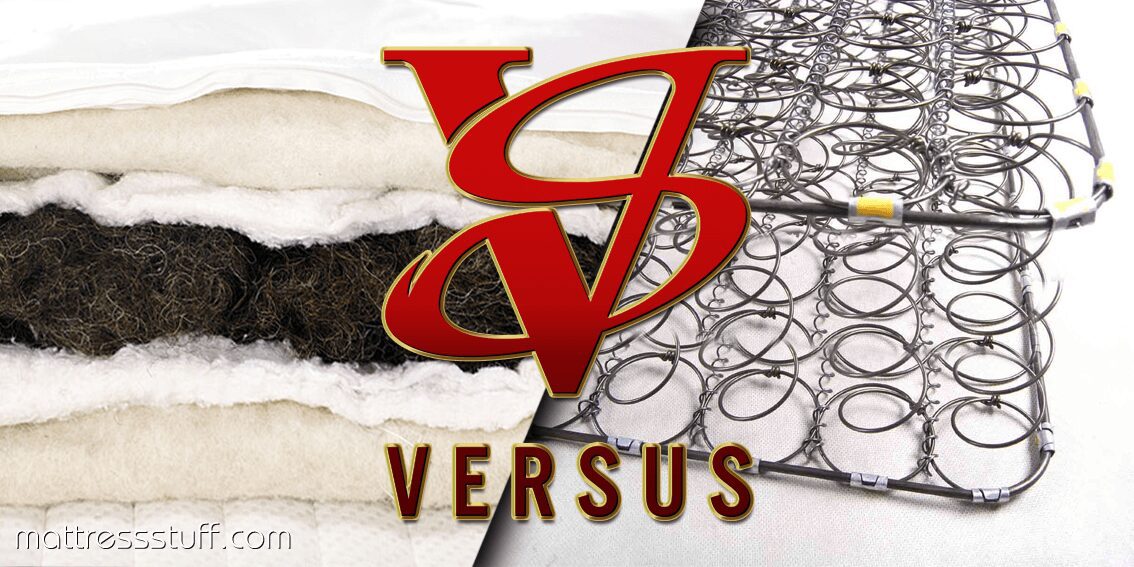
Table of Contents
All you need to know about organic mattress was the subject of the previous article, which included a lot of information that you want to know about natural bedding, such as the definition of natural bedding and materials used in manufacturing through the recognition of its advantages and disadvantages.
It was necessary to complete the subject by clarifying the differences between the natural mattress and the traditional or regular bedding from more than one aspect to provide the complete picture.
1. Mattress Durability

– Organic
Organic materials could be stretched 30% when dry and 50% when wet, making it easy to bounce back to the initial form. More importantly, natural wool could be bent 15,000 times without breaks, thus being more resistant to compression or tears. Thus, these mattresses can last from 10 to 20 years.
– Traditional
A traditional unit is typically designed with innerspring, memory foam, and a system of coils. These parts might be reduced in comfort over years due to pressure. On average, they often last from 6 to 7 years.
2. Mattress Firmness
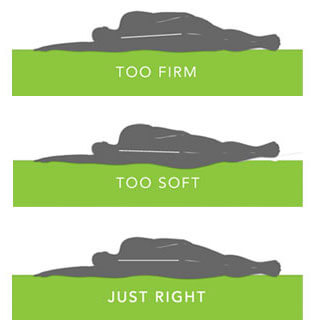
– Organic
In overall, the firmness level of organic level can be customized as you wish. When shopping, it is possible to choose different levels of firmness, including extra-firm, medium-firm, medium, and soft. More importantly, organic models can remain their firmness shapes after many years due to the quality of the materials.
– Traditional
Traditional beds are also available in a variety of firmness level. However, they are often bouncier. Also, most of these come with a system of springs inside, which can cause sagging over time and reduce the firmness.
3. Price range for each Mattress
– Organic
The price of organic mattresses varies according to the raw materials used, but in any case, Organic models are known as luxury mattresses. There are two reasons for this:
- The expenses of obtaining a certification and the limitation of clean/natural materials.
- More importantly, they are often manufactured in a small, customized number.
– Traditional
Tradition mattresses are manufactured from common materials such as memory foam, innerspring, and stainless steel coil, so it is undoubtedly that the cost of production might be reduced. In fact, there will be a broader range of price for these models than organic mattresses.
4. Mattress Support for the Spine

– Organic
Natural mattresses are usually recommended by many orthopedic specialists due to their unsurpassed support for the body. Compared to traditional beds, latex models have superior comfort, thus leading to a better rest and deeper sleep at night.
– Traditional
Support of traditional models often come from the coil system inside. Though this part can provide great support at the first time, it might get worse over time due to wear and tear, thus doing harm to your spine and causing back pain.
5. Mattress Materials / components
– Organic
Organic mattress models contain only natural fabrics like wool or cotton, which is totally free of chemicals and harmful components. Thus, these options are much better for the environment and sleepers.
– Traditional
Traditional mattresses include innerspring, memory foam, and fiber beds. Most of them are made of synthetic materials such as polyurethane foams, vinyl, polyester fabrics, and pressboard, which are usually treated with adhesives, dyes, flame retardants, and adhesives that might do harm to your health.
6. The heavyweight mattress
– Organic
For an overweight person, organic mattresses are the ultimate solution as it is durable and can withstand more pressure for a long time ,without any future problems.
– Traditional
After using for a few years, the weight of the body can cause traditional beds to sag, thus reducing the support and comfort. Thus, overweight people might find their traditional mattresses last not so long.
7. Babies mattress
– Organic
This is the better option for babies and kids because it is made of healthy materials and provides the adequate breathability which is important for the child so as not to be suffocated during sleep & support, which plays an essential role in the spine development at the young age.
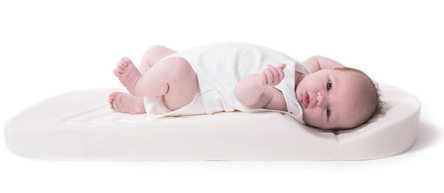
– Traditional
The traditional bed contains many harmful components, so it is likely to cause some health issues for your baby. Also, the manufacturers don’t provide so many sizes for kids, so it can be difficult to choose.
I think it’s more than enough to stress that not all materials have a good breathability.
8. Mattress Care Ease
– Organic
Organic materials like cotton or wool are completely resistant to dust or dirt, so it requires less time and efforts to maintain and clean natural mattresses.
– Traditional
Over years, there will be a great amount of debris, dust, and other unattractive things build up inside the core of tradition mattresses. That means you need to clean them more regularly.
Final verdicts
In overall, organic mattresses are made of natural materials, which don’t contain any harmful chemicals and have a better resistance to pressure, they can ensure everybody, especially kids and older people, can have a good sleep without back pain. Traditional beds, on the other hand, are typically more affordable options and easier to clean, but they might contain some toxic dyes and chemicals.

